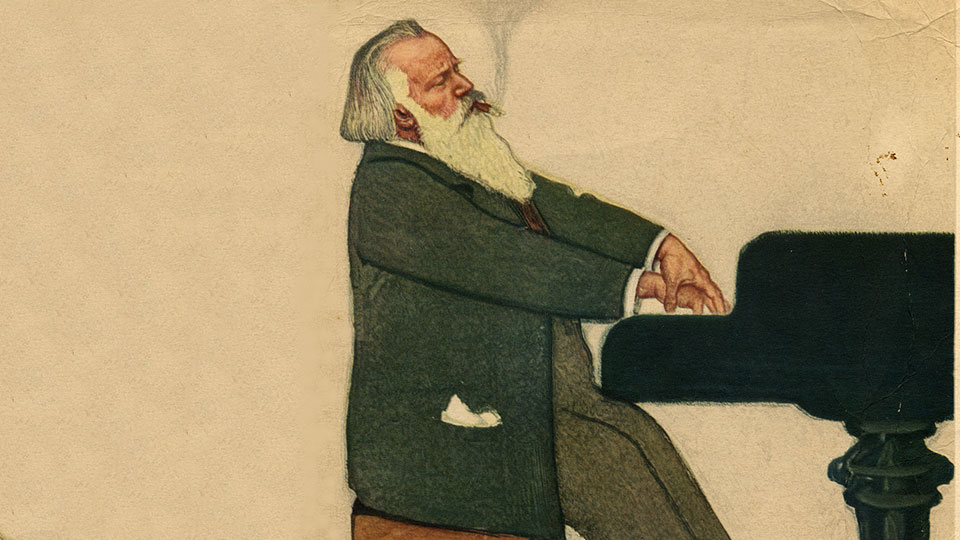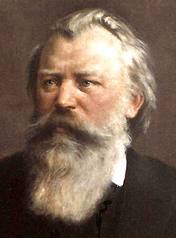Johannes Brahms, one of the most significant composers of the Romantic era, was born on May 7, 1833, in Hamburg, Germany. His father, Johann Jakob Brahms, was a musician who played double bass, violin, and horn, while his mother, Johanna Henrika Christiane Nissen, was a seamstress. Brahms showed an early interest in music, and his father provided him with his first musical instruction.
Brahms’s talent was evident from a young age, and he began performing publicly as a pianist by the age of 10. His skills as a performer soon caught the attention of Eduard Marxsen, a well-known pianist and composer, who became Brahms’s mentor and provided him with thorough training in composition and music theory. Under Marxsen’s guidance, Brahms developed a deep understanding of the classical forms and techniques of composers such as Bach, Beethoven, and Mozart, which would greatly influence his own compositions.
In his early twenties, Brahms embarked on a career as a concert pianist, but it was his compositions that would ultimately bring him lasting fame. His compositions from this period include piano works, such as his Piano Sonata No. 1 in C Major, and chamber music, including his Piano Quartet No. 1 in G Minor. However, it was Brahms’s choral compositions, such as the German Requiem, that first brought him widespread recognition as a composer.
Throughout his life, Brahms maintained close friendships with many prominent musicians and composers, including Robert Schumann and Clara Schumann. Robert Schumann’s support was particularly significant in Brahms’s early career, as he introduced Brahms to influential figures in the music world and praised him as a genius. Brahms also had a complex and often strained relationship with the Schumanns, especially Clara, with whom he shared a deep emotional connection.
Brahms’s symphonic output was relatively small compared to some of his contemporaries, such as Wagner and Mahler, but each of his four symphonies is regarded as a masterpiece. His Symphony No. 1 in C Minor, completed in 1876 after more than 20 years of work, was hailed as Beethoven’s Tenth Symphony and established Brahms as a leading symphonic composer of his time.
In addition to his symphonies, Brahms composed a wide variety of music, including concertos, chamber music, lieder, and choral works. His works are characterized by their rich harmonies, expressive melodies, and meticulous craftsmanship. Brahms was a master of counterpoint and orchestration, and his music often exhibits a perfect balance between tradition and innovation.
Despite his success as a composer, Brahms was known for his humility and self-criticism. He was deeply respected by his peers and admired for his dedication to his craft. Brahms never married and led a relatively solitary life, preferring to focus on his music rather than seeking fame or fortune.
Johannes Brahms died on April 3, 1897, in Vienna, Austria, at the age of 63.


Comments are closed